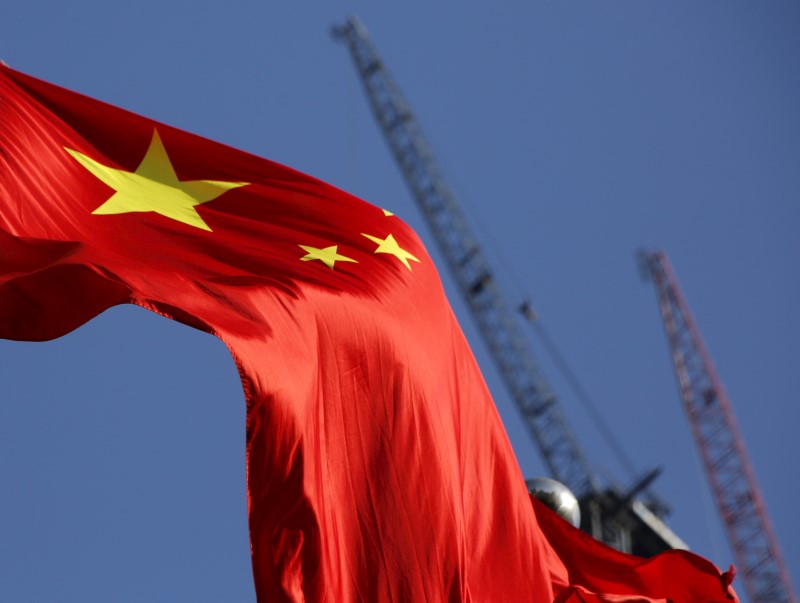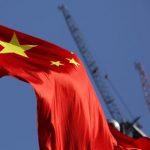
Earlier this week, Beijing unveiled a raft of new policies aimed at bolstering China’s sputtering economy and teetering housing sector, including a cut to interest rates and reductions in both existing mortgage costs as well as minimum downpayment requirements on all types of homes.
The People’s Bank of China (PBOC) also announced a swap program with an initial size of 500 billion yuan designed to give funds, insurers and brokers easier access to funding needed to purchase stocks. The PBOC also said it would provide up to 300 billion yuan in cheap loans to commercial banks in a bid to help them fund share purchases and buybacks by listed companies.
Meanwhile, the reserve requirement ratio, or the amount of cash banks must hold as reserves, was brought down by 50 basis points, freeing up around 1 trillion yuan for fresh lending.
Following the announcement on Tuesday, global stock markets rallied as traders assessed whether the measures would be enough to reinvigorate the world’s second-largest economy.
In a note to clients, the Barclays analysts said the announcements “clearly surprised markets and sent a strong signal, particularly for equities,” although they added that “more remains to be done especially on the fiscal front” in order to build on the stock markets’ advances.
The analysts noted that, while sweeping, the stimulus measures did not live up to expectations for a massive, “bazooka”-like slew of policy support.
Among the next moves Beijing could introduce, the analysts said the PBOC could further reduce reserve requirement ratios by 25-50 basis points. The central bank could consider “second or third” rounds of a 500 billion yuan relending program as well, they added.
The analysts also predicted that the PBOC will bring down its policy rate at a pace of 10 basis points per quarter between the fourth quarter and the second quarter of 2025.
Meanwhile, they expect Beijing to continue to accelerate the issuance of local-government special bonds, saying this could boost infrastructure investment.
To read the full article, Click Here

